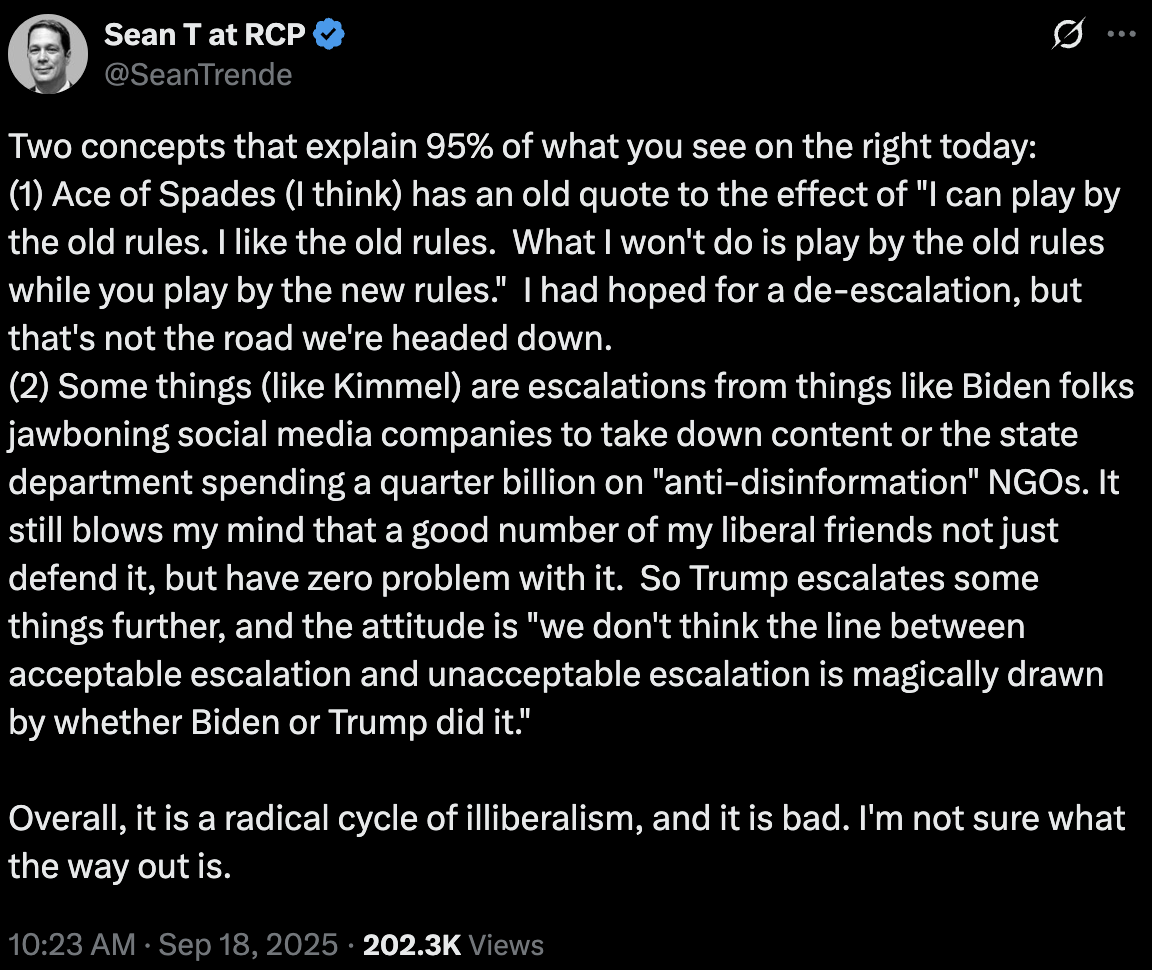September 19, 2025
Legal Experts Slam Comparison Between Supreme Court's 'Twitter Files' Case and Kimmel's Suspension as Misguided

In an era where sensational headlines and social media can distort legal realities, the comparison between the Supreme Court's recent decision on 'Twitter Files' and Jimmy Kimmel's suspension from ABC has sparked a heated debate. Legal experts assert that equating the two scenarios is not only incorrect but also demonstrates a profound misunderstanding of constitutional law.
The Supreme Court case in question, Murthy v. Missouri, addressed whether the government could discuss potential misinformation with social media platforms during a crisis, such as the pandemic. The court ruled that informal conversations, which did not coerce platforms into action, were permissible. This decision has been incorrectly linked to the FCC's alleged threats against ABC following a politically charged monologue by Jimmy Kimmel.
Critics of the comparison argue that the FCC's actions represent a much more direct and coercive approach. Following Kimmel's critique of Republican figures, FCC officials hinted at possible repercussions for broadcasters. This led to significant pressure on ABC from conglomerates owning local affiliates, fearing the loss of their licenses.
The misrepresentation of Kimmel's statements and the subsequent threats of regulatory action illustrate a misuse of power that differs fundamentally from the government's non-coercive dialogue with tech companies in the Murthy case. Legal practitioners stress the importance of distinguishing between government sharing information to combat misinformation and using government authority to suppress free speech.
Adding to the complexity are recent statements on conservative media outlets by FCC officials, suggesting punitive measures against Kimmel and ABC, setting a dangerous precedent for free speech and media freedom. The situation with Kimmel could have significant implications for how broadcasters handle politically sensitive content, influenced by direct government pressure.
In conclusion, legal experts urge the public and commentators to recognize the critical differences between the Supreme Court's decision and the actions potentially being taken against Kimmel. Misleading comparisons and legal inaccuracies serve only to confuse public understanding of important constitutional protections.